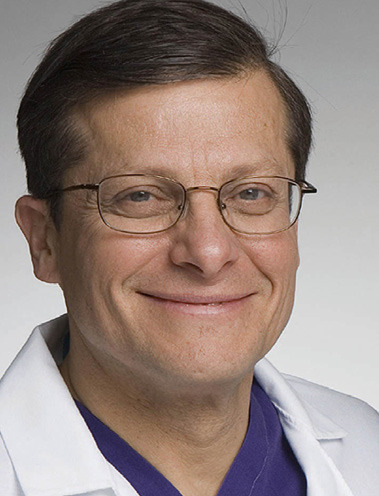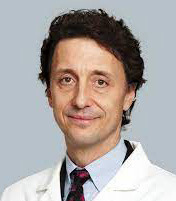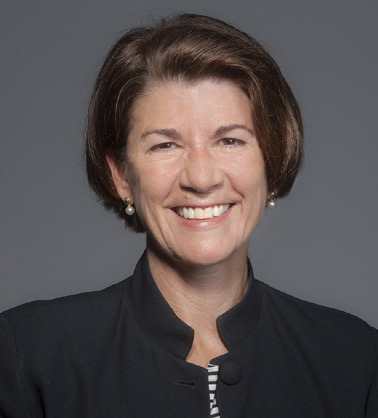
Ways to lower glucose levels; letting all HDL break loose
Q: I have Type 2 diabetes and am having trouble getting my A1cs to stay below 7%. I exercise, eat pretty wisely and take my medication. What else can I try? -- Elsie R.,Weehawken, New Jersey A: It can be a challenge to effectively control or reverse Type 2 diabetes, but it’s doable and aiming for an A1c of 6.5% is a great goal. Diet, of course, matters enormously -- and eliminating highly processed foods is step number one. Then upping your fruit, vegetable and 100% whole grain intake is next. A few cups of coffee daily help, too. Daily physical activity, along with your meds, is also essential. Plus, there are some quirky approaches that you might adopt that could make all the difference.






